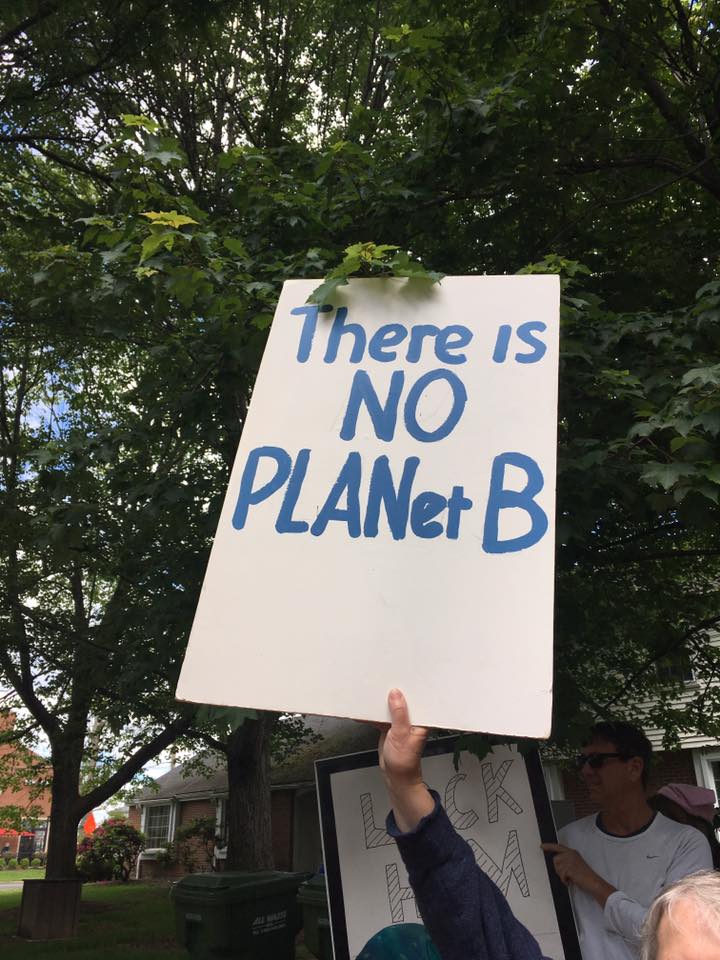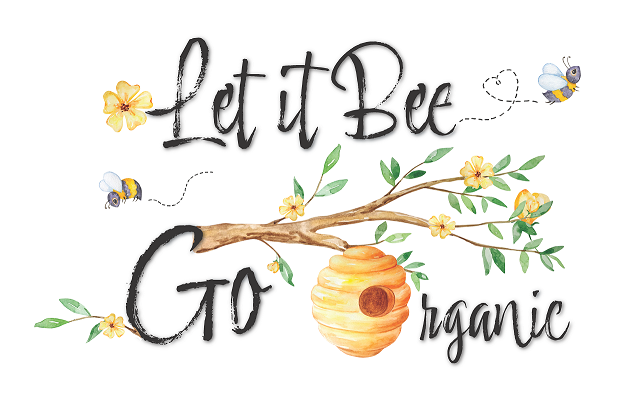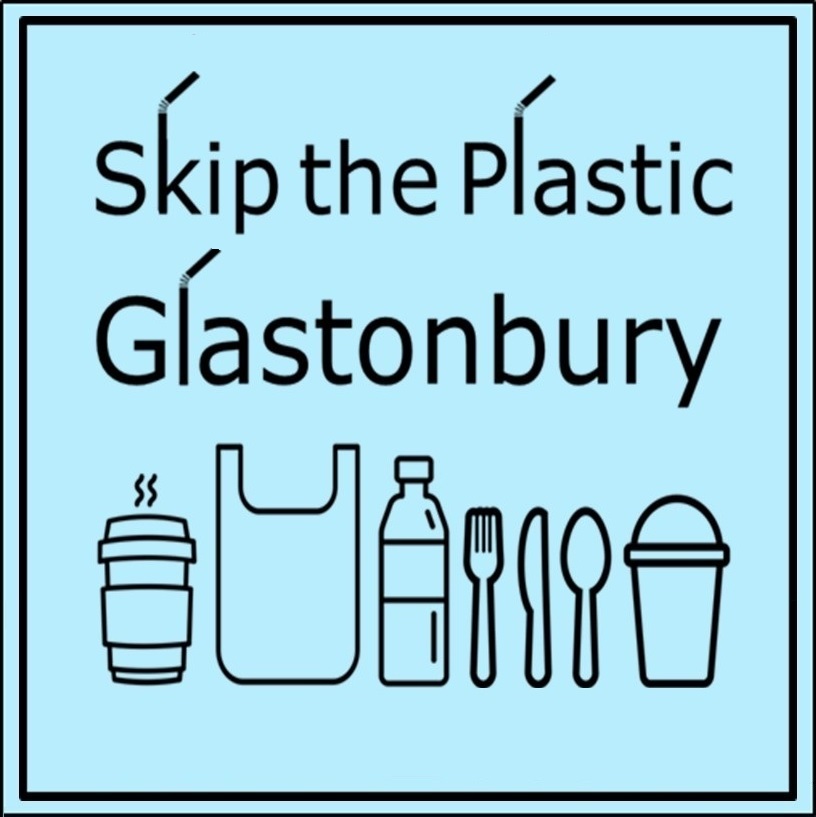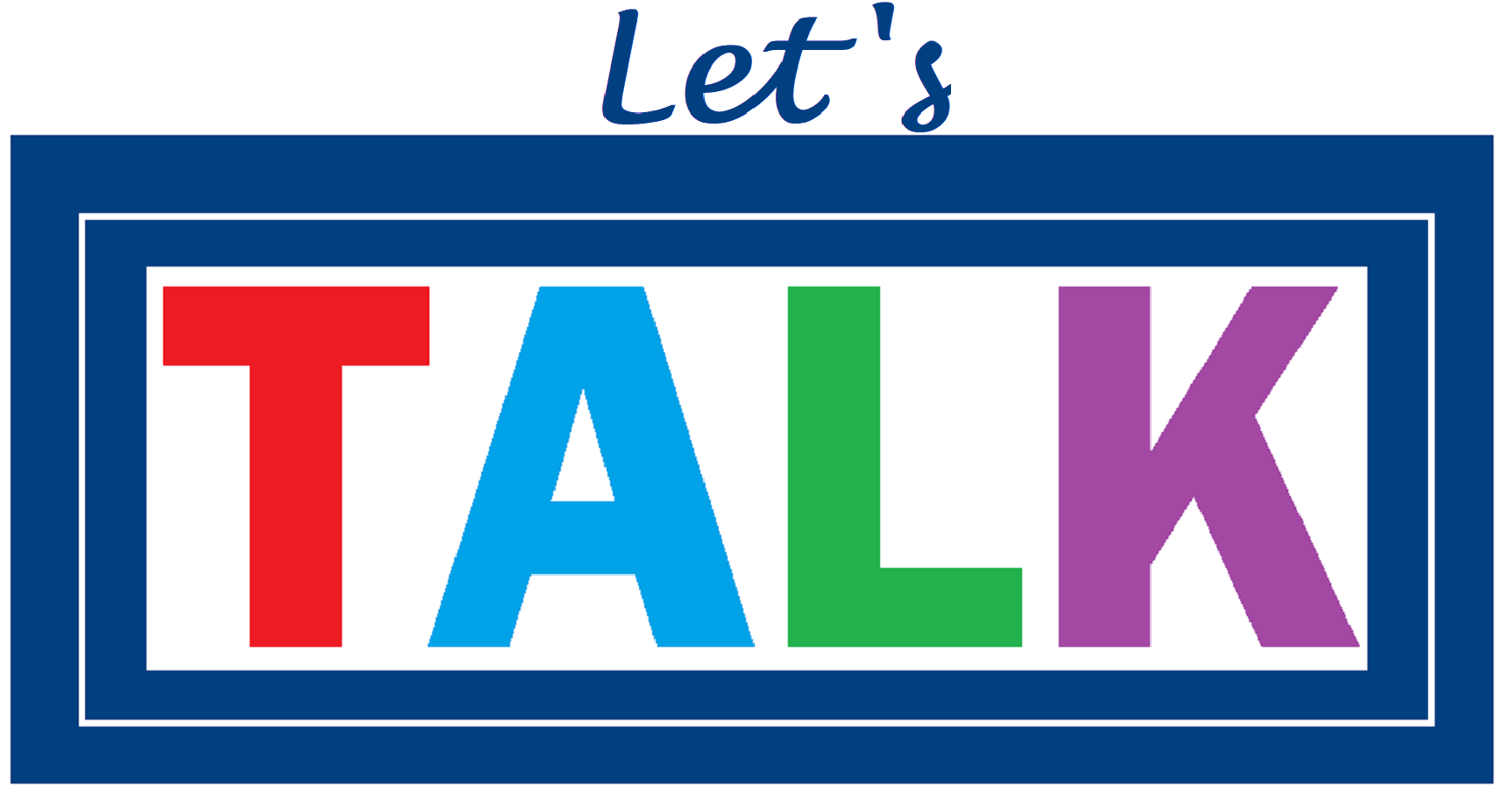
"We don’t inherit the earth from our ancestors, we borrow it from our children." ― David Brower
environmental action
pollinator pathway project

We have formed 3 groups to focus on this effort.
• Community education/awareness – this group will work on educating the public about the importance of planting native plants for pollinators. They will work on creating pamphlets and handouts, setting up an informational meeting with a speaker, and maybe setting up a movie screening. They will also talk to nurseries about selling and promoting more native plants.
• Mapping a pollinator pathway corridor – this group will talk with businesses, town hall, neighbors, town residents and farmers to develop a pathway plan. They will also help map out how native plants can be incorporated into existing or new plantings around town.
• Fundraising – this group will work on ideas to help raise money for educational purposes such as pamphlets and handouts, and also to help buy plants, mulch and signs.have
In 2021, the Pollinator Pathway Project received a $1,000 grant from the Glastonbury Community Fund of the Hartford Foundation for Public Giving

Let It Bee – Go Organic
We’re helping transform local yards into thriving native habitats by following the proven practices of renowned entomologist Doug Tallamy. Through this community-driven effort, Glastonbury residents are leading the charge to reduce our town’s reliance on harmful pesticides. This campaign empowers homeowners to take meaningful environmental action—starting right in their own backyards.
Concern about Artificial Turf in Glastonbury
Source: N.I.H., NFL Players Association, National Recs and Parks Association, National Center for Health Research, turi.org, ehhi.org, Mt.Sinai Institute for Exposomics
Which is safest for our student-athletes
1. Heat island effect – AT fields have been measured 37 degrees hotter than asphalt and 85 degrees hotter than organic turf. These effects will start presenting themselves with the sun out and temperatures above 75 degrees. This has led to heat exhaustion, dehydration, burns and blisters.
2. PCLs(posterior cruciate ligaments) are three times more likely to be torn on an AT field vs an organic field. ACLs (anterior cruciate ligaments) are 1.5 times more likely to be torn on an AT field vs an organic field.
3. A study done over three years involving 888 athletes found that head contact with artificial turf resulted in a disproportionate higher level of concussions than organic fields.
4. A common sense approach is that artificial turf along with the appropriate cleats is designed for athletes to run faster and cut quicker. This leads to higher intensity
collisions and a higher torque put on the knees and ankles. which creates a 32% higher rate of non contact knee injuries and a 69% higher rate of non contact foot and ankle injuries.
5. 92% of NFL players want to play on natural turf due to a lower rate of injury.
What serves the taxpayer best
1. TURI.ORG (an independent government agency with a mandate to protect communities from toxic chemicals and pollution) estimates on the high end, a cost of $10.25 per square foot for installation of artificial turf. And on the high end a cost of $5.00 per square foot of organic turf. This is installation only, not removal of the existing AT field.
A key point is that the expected life cycle of an AT field is 10 years with proper maintenance and upkeep. The expected life cycle of an organic field is indefinite with proper maintenance and upkeep.
Should the taxpayer have to assume the cost of an AT field every 10 years?
Which is less harmful to the environment
1. When an AT field is disposed of, there is very little to no recycling of the material. Most material ends up in a landfill or being incinerated. Both options pose significant risks to human health and to the environment.
2. The heat island effect pours more heat directly back into our environment. We all know how asphalt creates a heat island effect in large metropolitan areas. The more AT fields that are installed will only add to that effect.
3. Harmful chemicals that are an integral part of artificial turf do not stay contained within the artificial turf. These chemicals migrate out and leach into the existing
groundwater supplies. They are also harmful to aquatic life when seeping into nearby streams, ponds rivers, etc.
4. Artificial turf’s impermeability prevents rain from returning to the soil to recharge groundwater, it also reduces absorption of stormwater which can contribute to flooding problems.
5. The Town of Glastonbury recently achieved a gold rating from SustainableCT This is a laudable accomplishment and should be celebrated. It is a violation of the
spirit of this award to put in AT fields in Glastonbury.
6. At fields hold at least 40,000 lbs of plastics. This breaks down over time releasing microplastics into the air, soil and water. They are absorbed and ingested through the skin.
7. Some companies are advertising PFA’s (forever chemicals) free AT fields. Be mindful of greenwashing that takes place in this industry. The full chemical and plastic composition of any new AT fields should be fully shared with the public.
More observations may be accessed here.
Begun in 2019, SkipthePlasticGlastonbury encourages the use of reusable grocery bags, and in an effort to reduce the amounts of non-biodegradable waste entering the trash system, discourage all plastic and styrofoam use.

